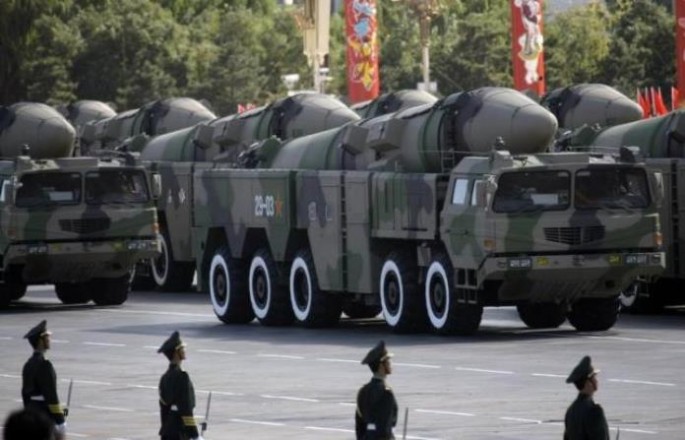Aerospace Long-March International Trade Co. Ltd. (ALIT), an intermediary subsidiary of the China Aerospace Science & Technology Corporation (CASC), is now promoting the complete Fei Teng (FT) series of precision-guided bombs (PGBs) to the international market, following the release of the improved FT-3A, FT-6A and FT-7 variants earlier this year, according to an article published on www.janes.com.
According to the report, the FT-3 precision-guided bombs (PGBs) and the CALT/CASC FT-1 were developed by the CASC China Academy of Launch Vehicle Technology (CALT) and were first exhibited at the Zhuhai Airshow in China in Nov. 2006.
The FT family has expanded to include additional FT-2, FT-5, FT-6, FT-9, FT-10, and FT-12 designs, which are ranging in size from about 25 kg to 1,000 kg.
The FT PGBs were reportedly competing with the Lei Shi-6 (LS-6) series PGBs developed by the Luoyang Optoelectro Technology Development Center (LOEC), part of Aviation Industry Corporation of China (AVIC).
CALT said that its FT PGBs are all equipped with a guidance system that includes global navigation satellite system (GNSS) receivers.
CALT, however, denied any dependence on the U.S.-controlled GPS system, contrary to Chinese press reports. The company said that their PGBs allow the option for GPS, the Russian GLONASS, and China's own Beidou Navigation Satellite System (BDS) GNSS receivers.
On Feb. 3, China launched the the 21st of the Beidou System, the fifth of a new generation of navigation satellites. The first 16 Beidou satellites formed a network that covered only China and nearby regions, while the first new-generation satellite, the 17th in total, was launched in March 2015 to help the network transition from regional to global coverage.
According to Ran Chengqi, director of the China Satellite Navigation Office and spokesperson of the Beidou Navigation Satellite System, the country will put into orbit 18 more satellites for the Beidou system by the end of 2018.



























